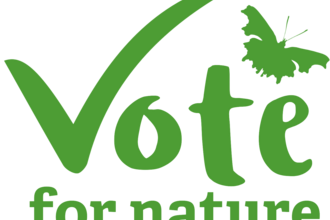There is a wealth of evidence to show that thriving nature impacts the wellbeing of people for the better. Connecting to nature reduces stress, promotes activity and increases sociability in green space.
At our recent thought leader event, Dr William Bird described some of the most recent science discoveries in how nature promotes our resilience. Our event asked, “can you have health and wellbeing without nature?” and based on the information shared with us about the intricate link between nature and wellbeing, the resounding answer from the floor was, “no, you cannot”.
Sadly, access to nature is not equitable.
There are challenges and barriers within communities to accessing nature. A report last year highlighted that in more than 1 in 10 neighbourhoods, 90%-100% of the population have no access to nature within 15 minutes’ walk.
Even within the most nature access-rich areas, only 11 out of more than 300 local authorities have 90% or more of households within 15 minutes-walk of nature.
Nature is not accessible to everyone.
Just to highlight the inequality further, the report also highlights that the most deprived communities are more than twice as likely to live in areas with a low amount of natural space per person. We know it’s these communities who are most vulnerable to poor physical health or mental ill health and would benefit most from access to nature.
Some of us, may have gardens where we live, but across the UK, one in eight households have no access to a private or shared garden – and this is most likely in an urban area. It’s this inequality in the provision of space for nature, which impacts people experiencing or interacting with nature in everyday life – not everyone has a view from a window or is able to take a walk in the park or do a bit of gardening.
The challenges and barriers to access nature are complex, and include social, cultural, and health challenges, which are further amplified for those people living with social isolation, loneliness or a disability for example.
Strategic solutions to enabling equitable access to nature do exist – they will take time, and cash, good management, and the motivation of government.
For example more investment in public spaces, like parks to enable safe access to diverse audiences; we need to be able to hold polluters of our rivers and canals to account so nature around our waterways can thrive and people will then want to visit a clean and safe space; and we need to design new developments with community access to nature in mind.
As a Wildlife Trust we are taking action. We want nature to be accessible and relevant to everyone.
We are enabling more people to benefit from nature in their local spaces and enabling more people to take action for nature. For example, we collaborate with communities to enable them to improve their local spaces for nature, as part of our Nextdoor Nature project. Taking action for nature in local spaces, means that nature connection can become more ‘everyday’ for people.



